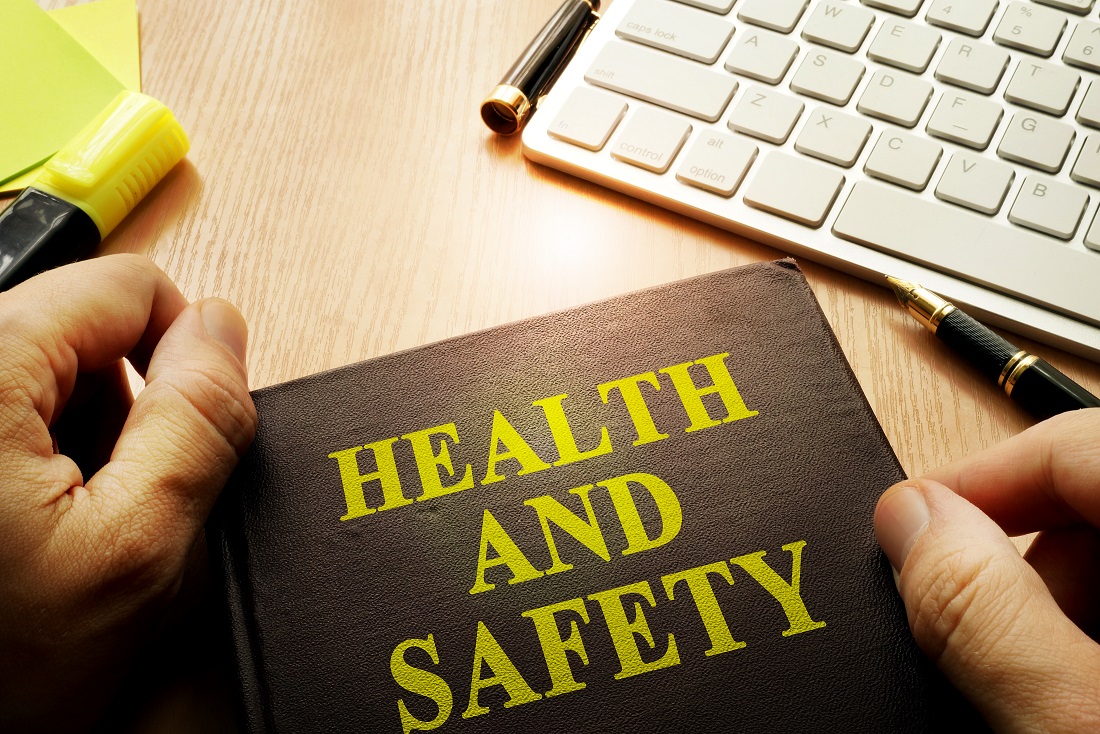
The WHS Act will impose a specific duty on officers of Persons Conducting a Business or Undertaking (PCBU) to exercise due diligence to ensure that the PCBU meets its work health and safety obligations.
Officers determine how the PCBU will operate and they make, or participate in making decisions on allocating resources which affect health and safety.
Due diligence in relation to ensuring health and safety is defined for the first time in the WHS Act.
This is defined into six different areas including:
Acquiring and keeping up to date knowledge of work health and safety matters -
- Are you across your industry's work health and safety management principles and practices?
- Do you support the investigation of current industry issues through conferences, seminars, industry groups and newsletters?
- Are you familiar with the WHS Act and regulation requirements?
- How do you address work health and safety in senior management meetings?
Ideally the flow of information should be a continuous process, with information volunteered rather than only provided when it is sought. Information needs to be gathered, analysed, and reported.
Understand the work health and safety demands (and general hazards and risks) of your operations –
- Which hazards and risks are reported to upper management, and how?
- Is health and safety information readily available and shared?
- Is your local government's safety management system continuously improved?
- Are you up to date with your corporate and business unit risk registers, the identified hazards and risks and the required mitigation controls needed.
Officers may meet the due diligence requirements in some respects through the information and activities provided by other appropriate people, while having more direct involvement in health and safety management and governance.
Resource work health and safety measures -
- Are safe methods of work established and maintained?
- Is a safety management system implemented?
- Have you identified and provided relevant training?
- Do you ensure appropriate resources are available and used?
Risk management is a key element in meeting your due diligence obligations, and it's important the appropriate processes are in place for receiving information regarding incidents, hazards, and risks, and to ensure they are responded to in a timely manner.
Information and reporting on incidents, hazards, and risks -
- Is a consistent risk management process applied and entrenched in daily activities?
- Are workers empowered to report through efficient systems for timely responses to incidents, hazards, and risks?
- Are risk management processes, targets, and issues actioned and measured for effectiveness within agreed timeframes?
- Are incidents investigated and actions implemented to address causal factors?
Risk management is an important part of any health and safety prevention program and the success of such programs depends on effective implementation. Officers drive the success of safety management plans and corrective actions which ultimately prevent accidents or injuries arising from these hazards.
Ensure compliance is being met –
- Do you provide training, supervision, and instruction to workers on health and safety?
- What consultation practices are in place with workers and their representatives?
- Are audits and reviews of policies, procedures, and practices undertaken on a regular basis?
Part of the due diligence requirements of an officer includes ensuring that processes implemented comply with specific duties and obligations. These include incident reporting, consultation with workers, and ensuring the provision of training and instruction to workers about health and safety.
Verify your systems and resources –
- How are provisions and resources utilised to identify, assess, and mitigate risks determined?
- What governance processes are in place?
It is important to verify the systems, policies, and procedure in place are working effectively, and to consider opportunities for improvement.
As an officer you should be aware that existing corporate governance structures and processes may not meet due diligence requirements under the WHS Act.
You should take steps to ensure an effective safety management system is in place, with clear performance indicators for effective communication and accountabilities. Your documentation will ultimately demonstrate your due diligence activities and how you are meeting your duty of care.
LGIS are here to help.
If you have any questions, or feel your local government would benefit from some additional support please contact Emma Horsefield, LGIS People Risk Manager, on emma.horsefield@lgiswa.com.au or your regional risk coordinator.